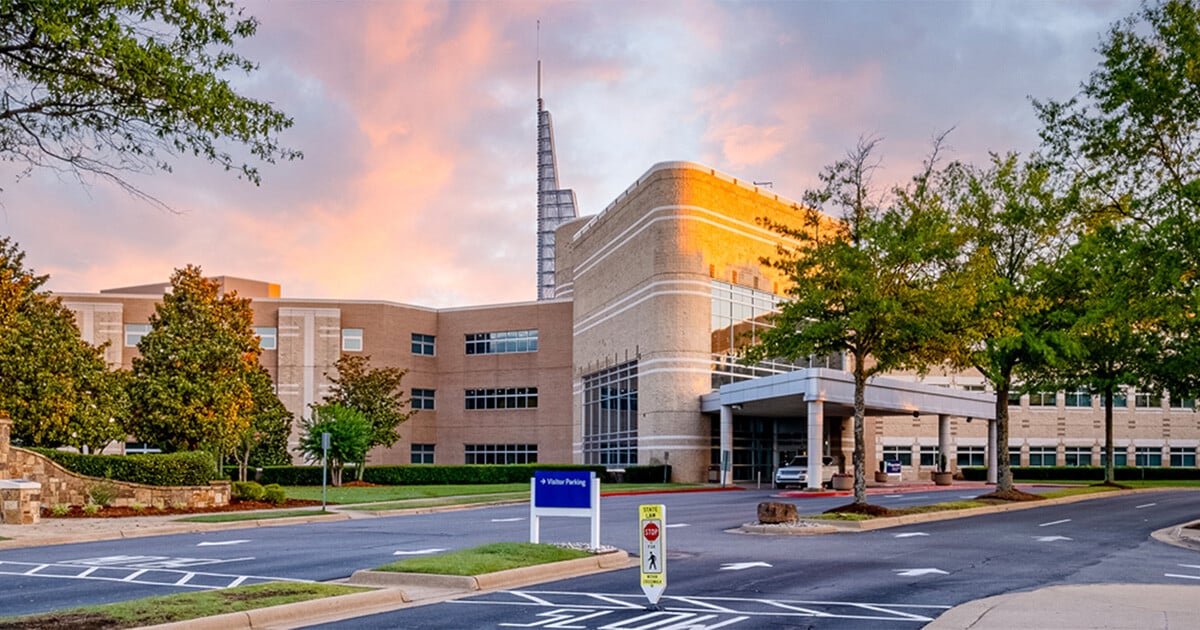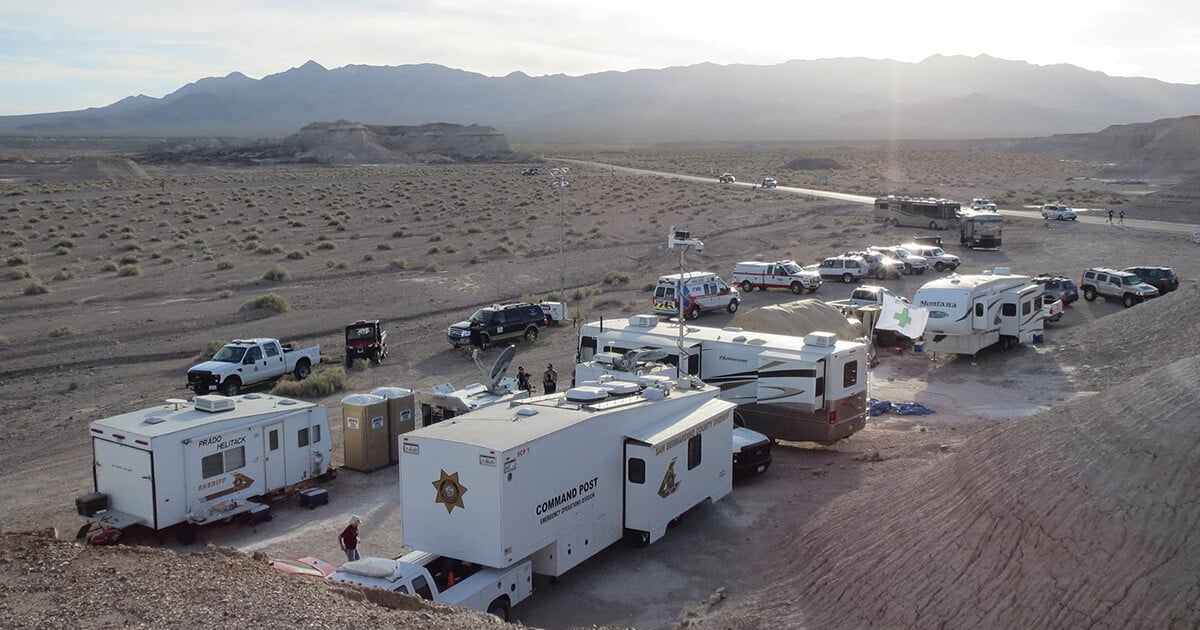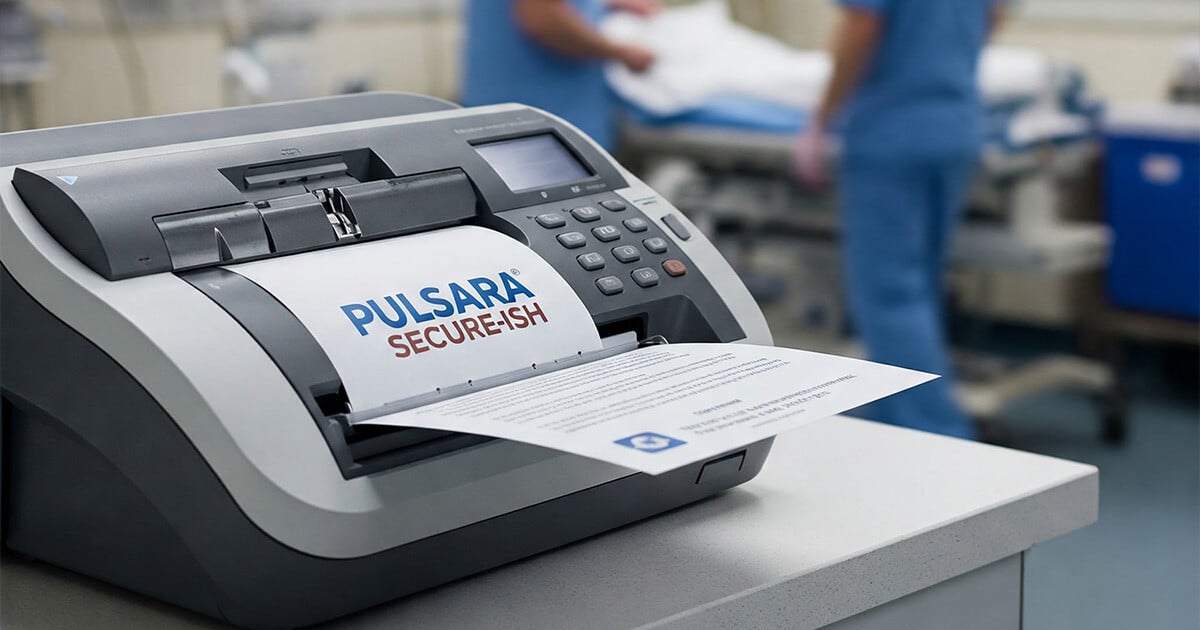Baker to Vegas: Leveraging Pulsara to Manage a Planned Event
Although they have the advantage of prior awareness and preparation, large-scale planned events pose unique challenges for emergency management...
2 min read
 Kinsie Clarkson
:
Aug 22, 2024
Kinsie Clarkson
:
Aug 22, 2024

Within a few months of implementing Pulsara, Baptist Health Medical Center - North Little Rock reduced their average door-in-door-out time for stroke transfers by 42%.
Baptist Health Medical Center - North Little Rock in Little Rock, Arkansas, is a 225-bed medical center that sees a large stroke volume every month. Baptist Health North Little Rock is a certified primary stroke center (PSC), meeting the requirements for necessary staffing, infrastructure, and capability to treat most emergent stroke patients.
When Baptist Health Medical Center - North Little Rock needed to communicate about incoming stroke patients or transfer an LVO patient to their sister facility, the team was using a call system. “In the past, they’d give the thrombolytic and then have to make a lot of phone calls to get everyone the information. You may or may not know EMS was bringing the patient, depending on whether or not they called in before they came,” said Sharon Aureli, RN, BSN, MSN, SCRN, CNOR, RNFA, CNL, Neuro Program Line Manager for the Baptist Health System. “When it came to transferring stroke patients, we previously didn’t even have our Access Center, so it was a matter of making phone calls to try to get patients where they needed to be. Things were delayed.”
In 2020, the State of Arkansas launched an initiative to improve treatment times for time-sensitive emergencies. In response to the statewide initiative, Baptist Health Medical Center - North Little Rock adopted Pulsara to improve communication around stroke cases.
 Pulsara allows EMS and hospital staff to communicate about patients in an accessible patient channel that’s visible to all care team members. Everyone can communicate instantly with a centralized view of the patient’s demographics, secure team messaging, photos, and live audio and video calling. “One of my favorite pieces of Pulsara is when EMS pre-alerts us using Pulsara,” said Sarah Launius, BSN, RN, CCRN, ASC-BC, stroke coordinator at Baptist Health North Little Rock. “I feel like treatment times are way better when they pre-alert. It’s nice that it’s all right there.”
Pulsara allows EMS and hospital staff to communicate about patients in an accessible patient channel that’s visible to all care team members. Everyone can communicate instantly with a centralized view of the patient’s demographics, secure team messaging, photos, and live audio and video calling. “One of my favorite pieces of Pulsara is when EMS pre-alerts us using Pulsara,” said Sarah Launius, BSN, RN, CCRN, ASC-BC, stroke coordinator at Baptist Health North Little Rock. “I feel like treatment times are way better when they pre-alert. It’s nice that it’s all right there.”
Instead of delivering a radio report to the hospital, EMS began using Pulsara to start stroke cases in the field. In a matter of months, Baptist Health - North Little Rock's stroke team reduced their average door-in-door-out time for stroke transfers by 42%.
Download the case study to learn how Baptist Health Medical Center - North Little Rock enhanced their communication with Pulsara and decreased time-to-treatment for their stroke patients.
To learn more about how healthcare organizations are using Pulsara to provide cutting-edge care for patients on a state level, check out the recorded webinar Leveraging Technology In Hazard Response: Advancements And Future Trends.

Although they have the advantage of prior awareness and preparation, large-scale planned events pose unique challenges for emergency management...

For Those Who Love a Good "Oopsie!" At Pulsara, we pride ourselves on enabling secure, HIPAA-compliant communication for healthcare teams. But let’s...

March Recap A New Integration: Improving Data Management, Streamlining Workflows, and Improving Care CoordinationOnly a few days ago, we announced...